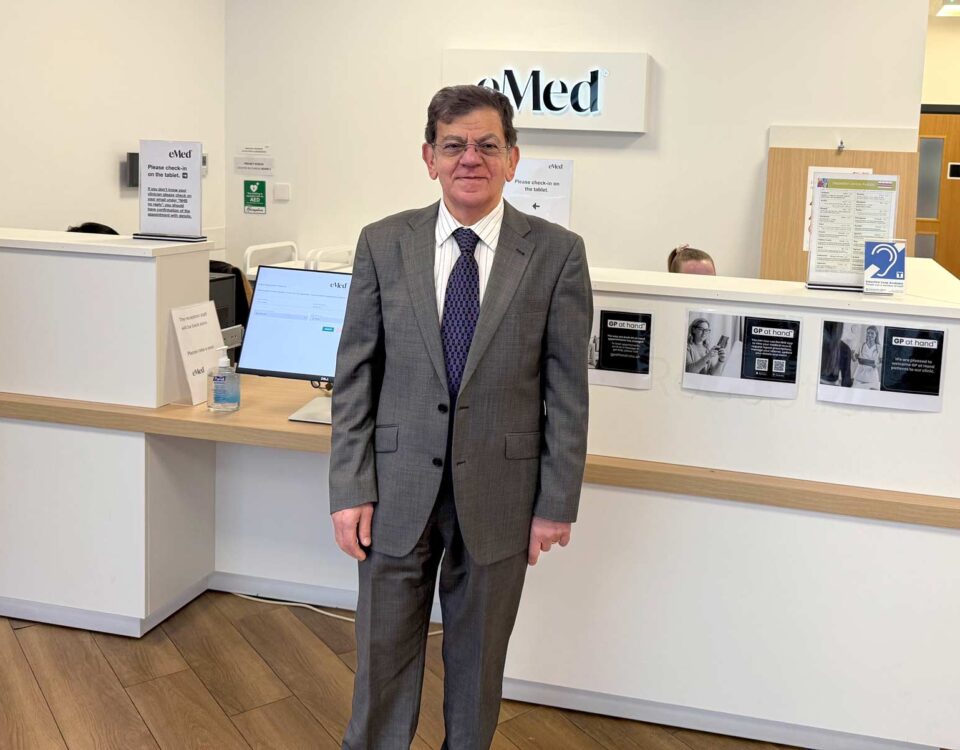- About
Our consultants
Meet our experienced team of consultantsSupport team
Meet our support team working alongside our doctors to deliver the very best careOur clinic
Discover more about The Fertility & Gynaecology Academy
- Patient journey
I am a...
Learn about the services relevant to your fertility journeyThe journey...
Learn about what's involved in fertility treatment
- Fertility tests
Packages
Fertility testing packages to take the hassle out of investigations
More screening options
Find out about our additional screening options - Treatments
Getting pregnant
Fertility treatments to help you achieve your dream
Add-on treatments
Learn about add-on fertility treatments
Supporting treatments
Additional services to support you on your fertility journey - Success rates
- Knowledge hub
Watch, read, and learn
Expand your knowledge on all aspects of fertility - Pricing
Financing fertility treatment
Honest and transparent pricing for peace of mind
No two patients have the exact same treatment but here we have provided an example patient journey to help illustrate what a straight-forward IVF cycle might look like cost-wise.
- Contact
Gynaecology care
You can rest assured that you are in safe hands for all your gynaecology care needs.

Gynaecology care goes hand in hand with fertility. Our highly experienced team is here to help with all aspects of your fertility journey.

Conditions that can impact fertility
Gynaecological issues can directly impact fertility. We see many patients who report menstrual disturbance. Below we have outlined some of the most common causes of this to give you a general overview.
The inner cavity of the uterus is lined with endometrial cells. Sometimes these cells are implanted outside the uterus i.e in the pelvis, on the ovaries or elsewhere. These abnormal cells will also respond to the oestrogen in your cycle and bleed with each period. The result is blood cyst formation, scarring and immune response, leading to pain with periods, pain during intimacy and infertility.
Diagnosis of this can be difficult and can only be confirmed by laparoscopy. Immune testing often reveals high levels of natural killer cells. Treatment is medical, surgery and immune system modulator to improve fertility.
When keyhole surgery (laparoscopy) is required for treatment of these conditions, you’re in safe hands with Dr Eskander our expert, in-house consultant gynaecologist.
Dr Eskander has been working with keyhole surgery since 1977. Keyhole surgery allows operations to be carried out through a very small incision – usually 3-4 cm – with minimal tissue disturbance. The result is quicker recovery, typically 3-7 days compared with 15-28 days for open surgery.
We undertake many operations in this way including diagnostic laparoscopy and dye tests, ovarian drilling (in PCO), ovarian cystectomies for ovarian cysts, small fibroids (myomectomy), removal of an ectopic pregnancy and even hysterectomy.
Keyhole surgery carries approx 1% risk of injury to surrounding structures including blood vessels, bowel, ureter and bladder. Most are correctable once recognised.


